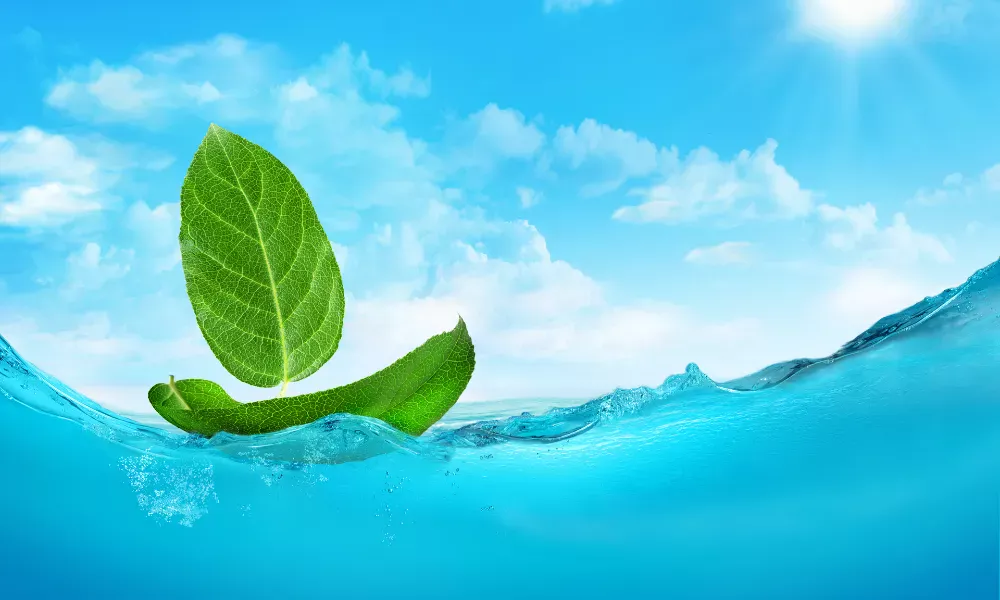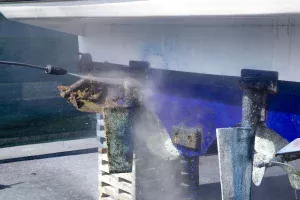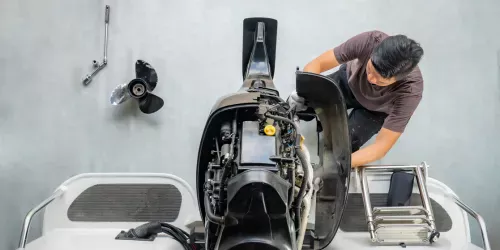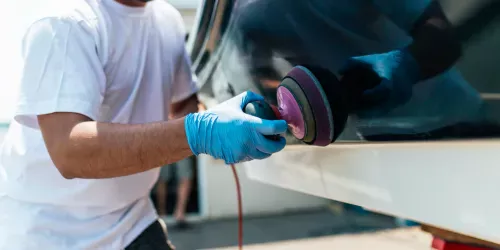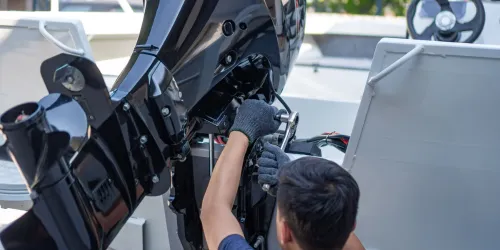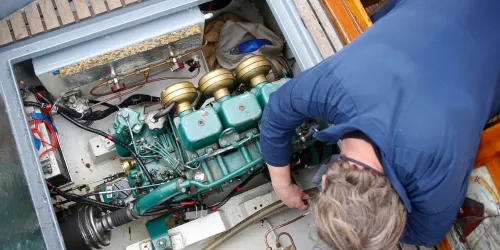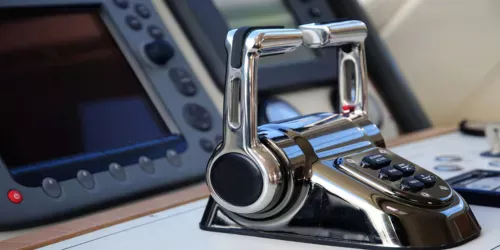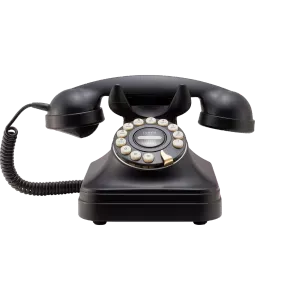Over the past decade, awareness of global warming has been growing.
Because of the pollution and mass exploitation of natural resources on Earth, ecological issues have become major challenges.
More and more countries are implementing restrictions to influence the world's various governments and their citizens to adopt more environmentally friendly behavior. The goal being to better prevent the scarcity of resources such as water or fertile land.
In the world of boating, too, environmentally friendly behavior is becoming more and more necessary. In the context of boat maintenance, the issue is crucial. To learn all the secrets about boat maintenance, click here !
During this article, we will focus mainly on eco-responsible boat maintenance, a process that is gaining more and more ground in the boating world. In this article, we will first look at the reasons to maintain your boat in an eco-responsible way. Then, we will discuss the practices to adopt, and finally the recommended products.
Why is eco-friendly cleaning recommended ?
Eco-responsible maintenance is advocated for several reasons, mainly related to the pollution of the marine environment (ocean, sea, beach, coral ...). It is a very fragile natural environment and increasingly polluted by various marine activities leaving plastic waste or promoting the discharge of toxic products. All contribute to the destruction of wildlife, flora and biodiversity.
Like other polluting activities, with motorboats, recreational boating also has its share of responsibility. And this is only the tip of the iceberg, since the behavior of the owners of these boats represents a greater threat. It's when it comes to boat maintenance that things get complicated! When performing any type of maintenance such as a refit, antifouling or cleaning, some of the products used in these operations are very harmful due to certain toxic components. The products are particularly dangerous for the marine environment when they spill into it, which inevitably happens sooner or later.
So we understand why it is important to be aware of our impact, and pay attention to our practices, our behavior and the products we use as boaters. Respecting the environment also means participating in the conservation of beautiful landscapes and seas in which to sail.
What are the good practices to adopt ?
Here we are talking more about little tips and tricks to know as a boater to adopt economical and ecological practices. The goal is to minimize one's own impact on the marine environment and act for a good cause by preserving biodiversity.
It is also necessary to share this information in order to influence other members of the boating community. There are many good practices to adopt, but they can be grouped into two categories : good practices in boat maintenance and good practices on board a boat.
We will present them in the form of non-exhaustive lists.
Good practices when maintaining a boat :
- For toilets, use a black water tank. On the one hand, this protects you from certain risks of contamination and on the other hand, you will be in order since the regulation imposes to use them.
- For showering, washing up, laundry etc. Use a grey water tank. Grey water represents a small part of the wastewater compared to black water, but is much more polluting because of its chemical components. Here too, regulations require the use of a grey water tank.
- Do not forget to empty your tanks only in specially dedicated places such as clean spots.
- Avoid toxic products and use biodegradable alternatives. If this is not possible, be careful when handling them so as not to waste or spill any into the water.
- Prefer manual and mechanical work on your boat such as scraping the hull with a spatula rather than using harmful products like acid.
Do not forget during your work, to collect your residues so that they do not end up in the water, some paint residues for example contain very toxic pesticides for the marine environment.
Good practices on board of a boat :
- A good storage of your light and plastic objects such as bags for example, to avoid that they fly away with the wind and end up in the sea during your outings.
- When you are out on the water and come across trash, pick it up and dispose of it at the end of your trip. This also prevents trash such as fishing nets from wrapping around your boat's propeller.
- Do not throw anything in the water : no glass or plastic bottles, no cigarette butts... nothing !
- Try to use biodegradable items such as paper cups and cutlery so that they can quietly disintegrate on contact with the water if they go overboard.
- Don't sail too fast ! Maintain a good speed, that will avoid polluting and consuming too much fuel.
What are the recommended products ?
Once you realize the importance of respecting the marine environment, it is crucial, as a boater, to adapt your consumption and purchasing habits. Indeed, you will now have to be more careful with the products you buy and use ! To do this, here is a non-exhaustive list of recommended products:
- Seawater : avoid waste by rinsing your boat with fresh water, seawater is perfectly sufficient since a boat is precisely made to sail at sea, so in salt water. It is more economical and much simpler.
- Black soap : it is a biodegradable product and not harmful to the marine environment. In addition, it is suitable for a multitude of uses such as cleaning fabrics, deck, hull etc.
- Linseed oil : it is a product that stands out for its effectiveness in the treatment of wood. It protects it against moisture and the formation of fungi.
- White vinegar : it is an excellent product to fight limescale and bacteria. It is known for its effectiveness as a household product, whether for cleaning plumbing or toilets, for example.
- The clay stone : it is a product known for its effectiveness as a stripper or degreaser. Universal ecological product, it can be used for the deck, textile, hull ...
- Grease : it is essential during winterization to properly protect cables, gears, chains etc.
What you need to remember !
With the major awareness of environmental issues, ecology is now a central issue throughout the world. The existence of real threats to the marine environment requires us, as boaters, to change our habits to adopt ecological measures.

